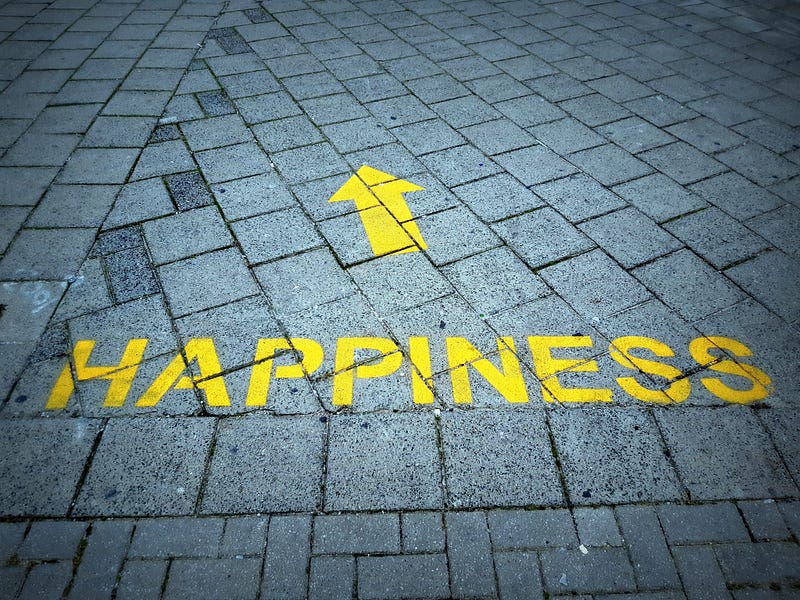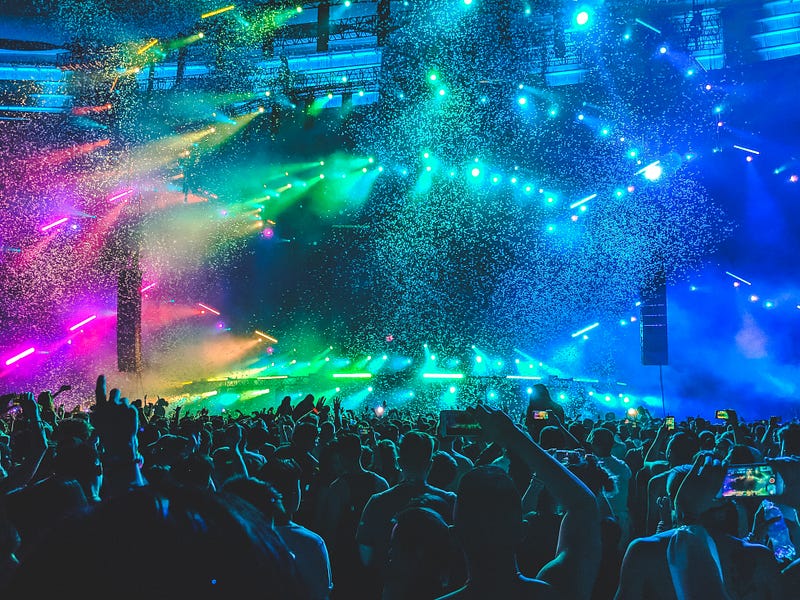Economics of Happiness

What if I could tell you that you can go and buy happiness, trade it for any other thing that you desire, or keep it in a fixed deposit in a bank?
The economics of happiness is not very well understood. But, how do you quantify something that is as abstract and random as “happiness”. To me happiness would be ‘watching a sun rise from a mountain cliff’, or ‘walking in the drizzling rain with an umbrella’ — while someone else might describe it as ‘a smile on their daughter’s face’. There are others who would qualify ‘riding a top luxury car’ or ‘a premium seat in their favorite football match’ as happiness. In fact, all these events can amount to same level of happiness to different people, and there is no universal index to measure what constitute happiness and how to measure it.
If we are indeed bent on defining happiness within the boundaries of economics, let us evaluate it according to five key economics concept, as follows:
I. Where can you buy happiness?
II. What is the cost price of happiness?
III. How do you spend happiness?
IV. How do you invest and grow happiness?
V. What can and cannot be bought by happiness?

I. Where can you buy happiness?

I wish I could go to a grocery store and buy happiness, or order free home delivery from our favorite online portal. Life would have been much more simpler, but unfortunately that is not the case.
One needs to identify what brings happiness to them, and this vary for each individual. Do not try and find happiness in a raindrop just because ‘The Silent Monk’ wrote a philosophical article on medium suggesting the same. Be true to yourself — if buying an expensive ‘Rolex select edition watch’ or an exclusive ‘Louis Vuitton bag’ makes you happy— just acknowledge that. On the contrary, if you are someone who finds happiness amidst the trees and nature, this is also equally acceptable. As long as one is true to oneself on what constitutes happiness for him/her, he/she is good to go.
As we traverse the path of life, our hearts will hint what constitutes happiness for us — we just need to keep a note of the same. Once we know that, we will automatically know where to buy our happiness.

II. What is the cost price of happiness?

Happiness comes at a cost, and sometimes it can be quite expensive. Remember if an expensive luxury car costs you money, watching a serene sunset costs you time — nothing is free in this world.
Interestingly, monks are often the happiest and most glowing faces I see in the world — and for them happiness come at the cost of renouncing everything else in the world.
Hence, the cost of happiness can vary significantly for different individuals, and unfortunately cannot be quantified in terms of money. However, whatever may be the cost, in the end it is worth it, simply because it gives you happiness.
A friend once told me, “If buying things makes you happy, just buy them because you are buying happiness.”
III. How do you spend happiness?

If you have lots of happiness, how do you spend it?
Think it in terms of money in your bank— would you spend it lavishly, or would you keep it safe and secure for future use, or a mix-and-match of both the options?
With happiness, the analogy is not very different. Some like to spend their happiness immediately — organize a party, call their friends and celebrate. Others would not spend there happiness immediately — they would preserve it, remain calm and let things unfold themselves without making too much noise about it.
Imagine one wins a lottery and finds abundance of happiness in the same. He/she organizes a party and spends 50% of the lottery prize on celebration event. There goes a fortune of happiness spent in celebration itself.
A counter argument could be the additional happiness and joy brought in through such a celebration, and hence this needs to be evaluated on individual basis.
In whatever ways we spend our happiness, we must know what is the outcome of our actions.
IV. How do you invest and grow happiness?

This question is solely for those who do not want to spend their happiness immediately, but want to preserve it and see it grow over time.
Since happiness leads to peace of mind, it brings with it a lot of productive energy. A happy mind is a productive mind, and some individuals are able to harness the power of happiness into something constructive. I know a few people, who whenever happy, read a book.
Hence, if you invest your happiness wisely, it will bring in lot more happiness over time — just as with the case of money.
Kindly note — compounding effect is equally applicable to happiness.
V. What can and cannot be bought by happiness?
This brings me to the best part — Happiness can buy you anything and everything, even the most materialistic things in the world.
Confused, let me explain. Happiness brings you joy, productivity and peace of mind — all of which are precursors of success. A happy mind coupled with right hard working attitude can achieve the highest peak of materialistic success. Money can buy you some happiness, but happiness can buy you infinite money.
But the irony is, if you are happy, you would not desire anything else in the world — if you have a doubt go look for any silent monk around you. And if you still desire, you are not happy yet.

I hope you all enjoyed reading how the economics of happiness works. Please share your reflection of what happiness means to you. 👏are optional, but they sure make us happy.
— If you enjoy reading stories like these and want to support me as a writer, consider signing up to become a Medium member.
— Please support me by a tip via my Ko-Fi account||Twitter


Comments
Comments are disabled for this post